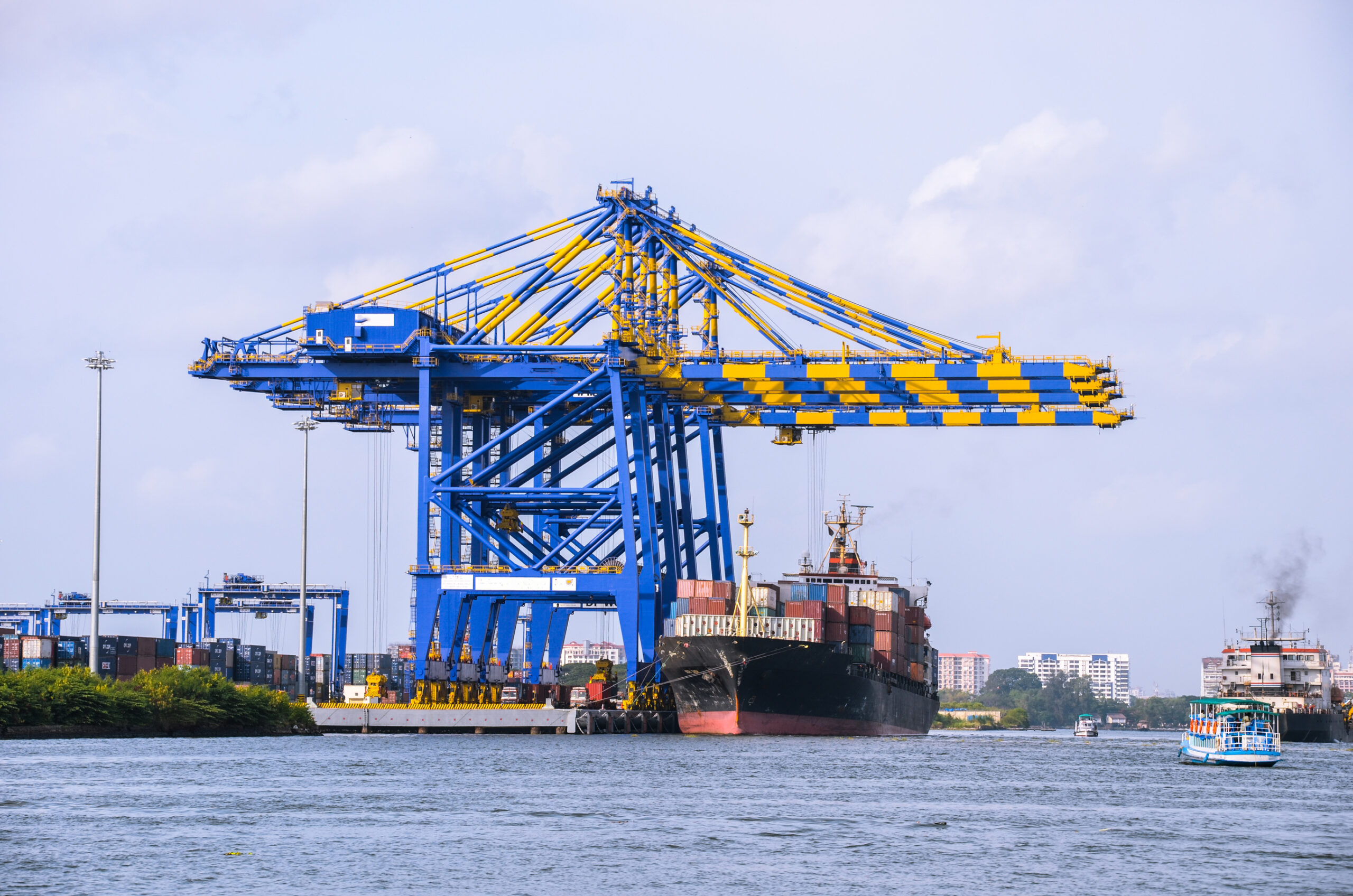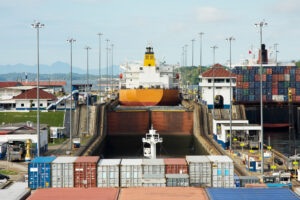The port dock workers in India have called for an indefinite strike across all major ports starting on December 17, 2024, if the government fails to implement wage revisions and productivity schemes before December 15, 2024, according to a customer update on December 4 by container shipping company Hapag Lloyd.
During September 2024, the labor federations deferred a planned strike after a settlement was signed on revision of wages and other service conditions.
As the situation is unfolding, Hapag Lloyd said in an update to its customers that the company’s teams are working to assess any impact on operations and are in close communication with all relevant parties to ensure delivering the latest updates that might impact the company’s customers cargo planning.
“We will continue to share more information as soon as it is made available,” Hapag Lloyd added.
Earlier in August, dockworkers threatened to strike in India. The strike would have affected multiple ports.
The International Transport Workers’ Federation (ITF) said on August 30 that “a major strike called off after last minute pay offer, which should have come nearly three years ago.”
The pay offer, backdated to January 2022, came the day before 20,000 workers were due to take strike action, ITF added, which would have coincided with congestion at ports in Europe and Asia, and had a major impact on regional and global trade.
ITF president and dockers’ section chair, Paddy Crumlin, said: “We’re delighted that our brothers, sisters and comrades in India have finally won the pay offer they waited for nearly three years to receive.
“They shouldn’t have had to wait this long and fight against such unfair and unjust practices to get what was theirs by right.
“India’s port system and whole economy depends on its dockers. And the dockers have been proven to be right in securing their fair and just demands.”
The local shipping and logistics communities have expressed fears of supply chain disruption from an indefinite strike by port workers.
A strike across all major ports, even with scattered local impacts, as they say, could disrupt cargo flows.



